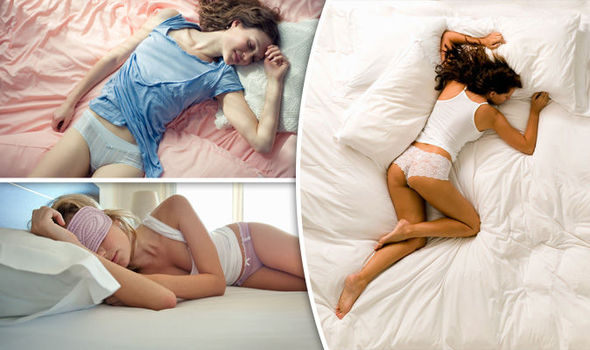- Get link
- X
- Other Apps
- Get link
- X
- Other Apps
CAN THE GYM REALLY HELP ME SLEEP BETTER?
Good sleep is essential for good health. Research has suggested that, among other things, sleep deprivation is linked to a greater likelihood of obesity, reduced athletic performance, and increased risk of heart disease and stroke.
With so many people missing out on sleep altogether in order to keep up with work and social commitments, and as many others suffering from poor-quality sleep for the same reasons, the question of sleep is a major health issue of our time.
One sleep remedy that’s frequently recommended is going to the gym and getting more exercise. Does it work? Let’s take a look.
AEROBIC EXERCISE MAY IMPROVE SLEEP QUALITY, VITALITY, REDUCE DEPRESSION
In a 2010 study by Northwestern Medicine, a group of people experiencing insomnia and sleep quality issues were administered aerobic exercise four times per week. The result was that the subjects moved from “poor sleepers” to “good sleepers” in a self-reported sleep quality survey.
The subjects in question also experienced less daytime sleepiness, less depressive symptoms, and a greater sense of vitality as a result of the exercise.
EXERCISE SEEMS TO REDUCE THE SEVERITY OF OBSTRUCTIVE SLEEP APNOEA
Obstructive sleep apnoea is a condition which causes a person to stop and start breathing, sporadically, throughout the night. This condition is marked by snoring and seriously diminished sleep quality. People with sleep apnoea frequently report feeling exhausted all day, even after having slept for a long time.
A 2014 meta-analysis found evidence that exercise significantly reduced the effects of sleep apnoea, while also having positive effects on daytime sleepiness and (unsurprisingly) cardiorespiratory fitness.
EXERCISE MAY REDUCE THE TIME IT TAKES TO FALL ASLEEP
A study conducted in 2012 investigated subjects placed in an exercise group (doing either moderate intensity aerobics or HIIT) and found that exercise seemed to be linked to a significant reduction in sleep latency. In other words, the exercising subjects fell asleep significantly more quickly than they otherwise would have.
As trouble falling asleep in the first place is one of the major forms of insomnia, this is a significant finding.
MODERATE-INTENSITY AEROBIC EXERCISE SEEMS TO REDUCE INSOMNIA-ASSOCIATED ANXIETY
Insomnia isn’t a completely clear-cut issue, as an inability to fall asleep can be due to both physical and psychological factors, as well as the complex interplay between the two.
A 2010 study found that moderate-intensity aerobic exercise, specifically, appeared to reduce pre-sleep anxiety associated with insomnia, and improve sleep quality in insomniac subjects.
So, there you have it. The case seems pretty clear cut – exercise can only do good for the length and quality of your sleep. If you’re struggling to nod off at night or are waking up without feeling rested, getting going with a proper exercise routine during the day could be the solution you’re looking for.
- Get link
- X
- Other Apps

Comments
Post a Comment